In today’s fast-paced world, burnout and stress disorders have become increasingly prevalent and somehow the normality. The constant demands of work and personal life can take a toll on our mental and physical well-being. Meditation in this busy life it seem like an attempt to waste time or escape the rhythms of this fast paced society. However meditation is who we are, when the mind rest in a meditative space it simply come back to its natural state. Despite this is called an ancient and gained significant recognition for its ability to promote relaxation, reduce stress, and improve overall well-being, this state simply brings us back to who we are and absolute presence.
Understanding Burnout and Stress Disorders
Before we explore the relationship between meditation and burnout/stress disorders, it is essential to understand these conditions. Burnout is a state of emotional, mental, and physical exhaustion often caused by chronic workrelated stress but also by a perceived lack of control over the deep changes in our life. Very often associated to work related stress, burnout can happen even after being in an uncomfortable relationship when our needs are not met or when we are unable to assert our boundaries. Despite the incredible lessons we learn while dealing with these time in our life, stress disorders, on the other hand, can disrupt our daily lives, affecting our productivity, relationships, and overall sense of happiness and wellbeing.
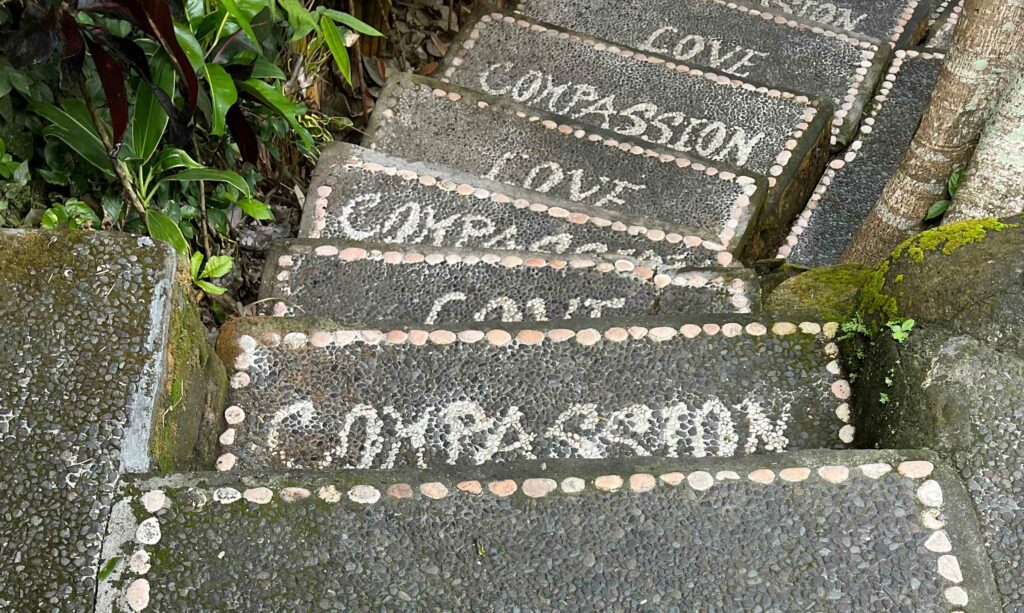
The Science Behind Meditation
Meditation is rooted in mindfulness, the practice of bringing one’s attention to the present moment. Research has shown that meditation can lead to a state of deep relaxation, activating the body’s natural relaxation response and reducing stress hormones like cortisol. It has also been found to increase gray matter in brain regions associated with emotional regulation, attention, and memory. Among the benefits of this simple and yet effective practice we remind:
a. Enhancing Relaxation and Emotional Well-being: Regular meditation practice has been shown to promote relaxation, allowing individuals to experience greater emotional stability and reduced levels of anxiety and depression.
b. Improved Cognitive Function: Studies have suggested that meditation can enhance cognitive function, such as attention, focus, and decision-making. This can be particularly helpful for individuals experiencing burnout or stress disorders, as it allows for better task management and improved mental clarity.
c. Resilience Building: Meditation helps enhance our ability to cope with stress by cultivating greater emotional resilience. It enables individuals to develop a mindset that adapts to challenging situations and empowers them to respond rather than react.
d. Mind-Body Connection: Meditation fosters a deeper connection between the mind and body. This mind-body integration helps individuals recognize physical sensations associated with stress, leading to better self-care and prevention of burnout.
Incorporating Meditation into Daily Life
Very often including meditation in our daily life starts as disciplinary attitude and practice but eventually it will often become a joy that has no aim but to simply rejoice in the stillness of being. It is often perceived as a necessity as we often notice our dysfunctional behaviors but unaware of the give existence happening in presence. Meditation is that simple reminder which has no other aims.
However we do encourage people to start with a practice to reprogram somehow our grasping attitude to move inward and appreciate more the given time and the simplicity of things.
Silent retreats are a great way to reconnect and in Samyama we also offer 3-Day Silent Meditation Retreat in Bali which somehow reinforce this sense of wander and vastness of being.
a. Start Small and Be Consistent: Begin with just a few minutes of meditation each day and gradually increase the duration. Consistency is key in reaping the long-term benefits.
b. Identify Suitable Techniques: Explore various types of meditation, such as mindfulness meditation, loving-kindness meditation, or guided visualization such Trataka or a simple walking meditation… according to your time and life journey find the technique that resonates with you at the given time.
c. Create a Sacred Space: Designate a quiet and peaceful space at home or work where you can practice meditation. Eliminating distractions can greatly enhance the experience.
d. Seek Guidance: Consider attending meditation classes or joining a meditation community or retreat to deepen your practice and gain insights from other practitioners or a Sangha. Very often this is wrongly perceived however if you discriminate your reason and your intentions, you will find that by gather with a group of like minded/hearted community you can only support your inner needs without becoming a fanatic or follower or this or that teacher.
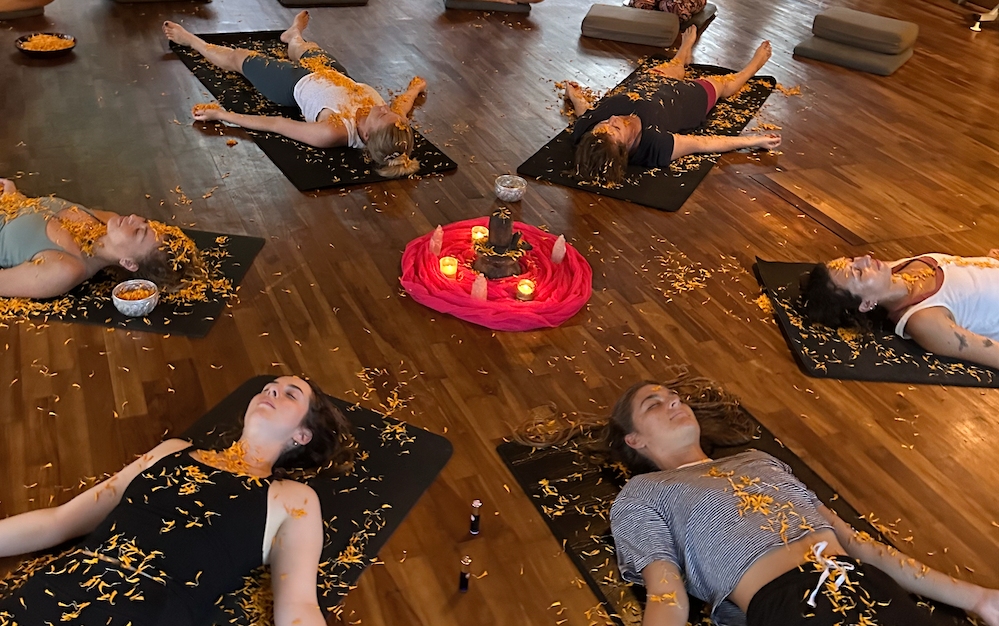
Devotion as a needed Practice
During these turbulent times where materialism is becoming rampant, devotional practices are perceived as naive and a way to sabotage your personality, however silent retreats are opportunities to deeply rejoice in the very essence of devotion which has no external object but the simple acknowledgment and direct experience of gratitude for life in our hearts. Devotion is often objectified in an object ( such an ideal or a teacher) and leave us dejected when of the these disappears from our life. Meditation instead is that constant reminder or reinforcing faith in our life independently of our religious beliefs or ideals. Because of that meditation is the direct experience of how devotion feels in our body-minds.
The Future of Wellness: Combining Meditation and Technology
As technology continues to advance, various meditation apps and devices are emerging to support individuals in their meditation practice. From wearable devices that measure heart rate variability to apps offering guided meditations, the integration of technology has made meditation more accessible and convenient for people from all walks of life and so we should not refrain to use tools which are better supporting our journey and favor this constant reminder of presence in our life which is in depth the only and true spiritual teaching.
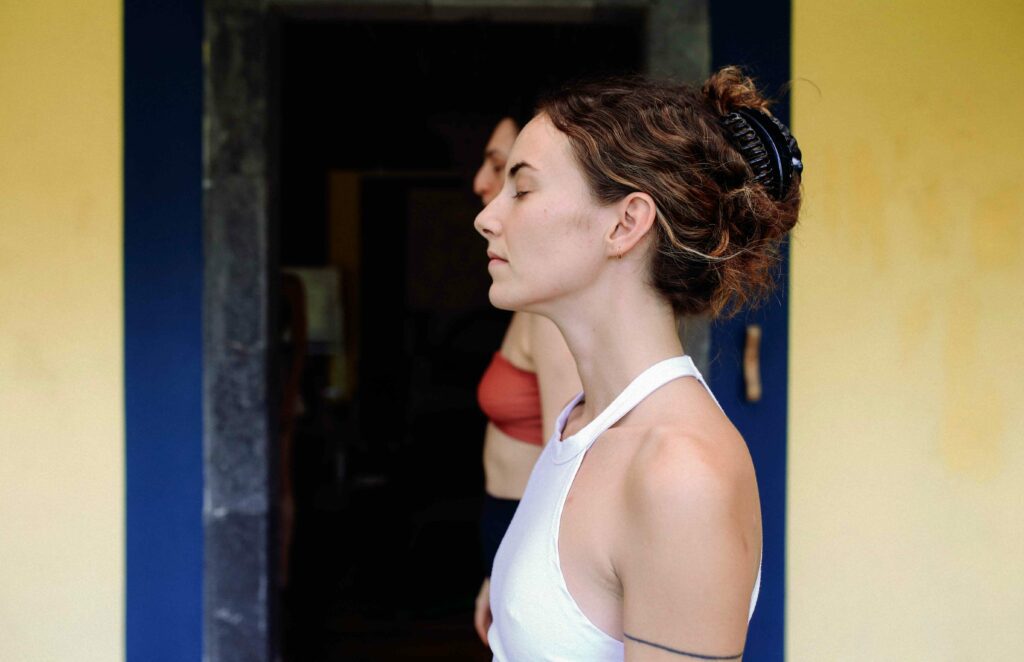
Conclusion
In a world filled with constant stressors, burnout, and stress disorders, meditation stands as a potent tool for healing and rejuvenation but also as a gateway towards true reconnection with our sense of being. Often our minds are unable to perceive this because of the high reactivity in place prevents to acknowledge the importance of this simple practice.
For this reason often some people often reacts to silent retreats and meditation practices because their state of hyper sensitivity and need for rest does not allow them. Meditation in this case is not the issue but might not be useful to shift into a long meditation practice directly without assessing your own state of mind first.
Gentleness is key and for this at Samyama we invite our students and clients to first assess properly their state, support their body to cultivate a deeper sense of relaxation, emotional well-being introducing some practices of Yoga Nidra for example or restorative form of Yoga. Supporting the nervous system and inflammation by adding breathing techniques or gently start with cold water exposure can also help so that meditation practice does not longer appears a challenge but a joy of resting in stillness and transform reactivity in response once again.
Coming out of burnout phases is not always simple but is important to acknowledge that also these stages of life are not final and adding the correct tools, support and efforts can transform a challenge into acceptance understanding and growth.

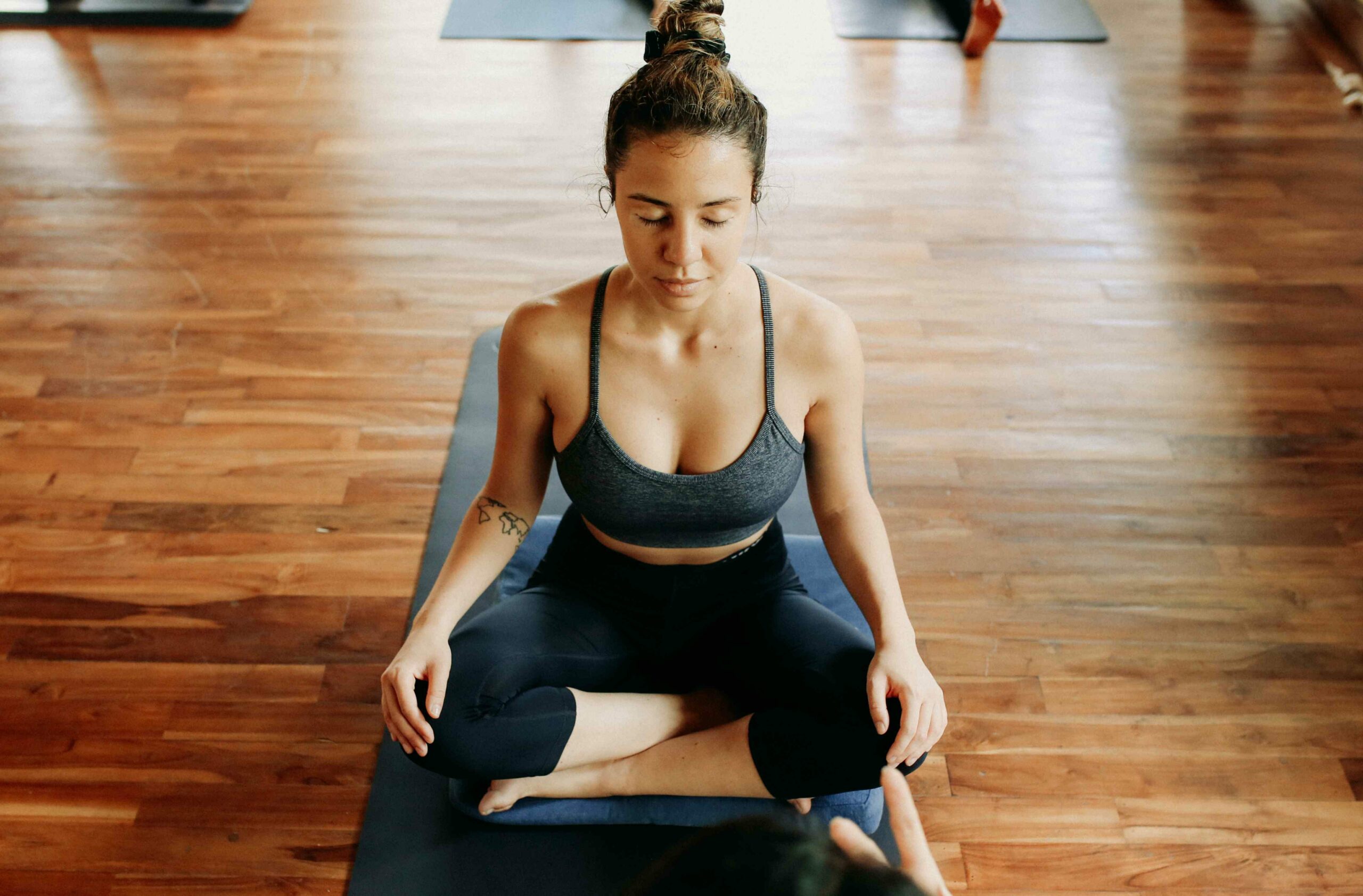


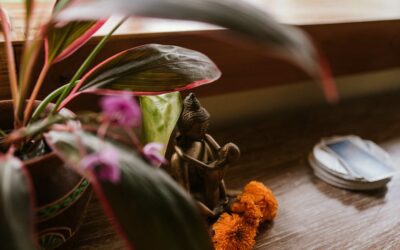
0 Comments